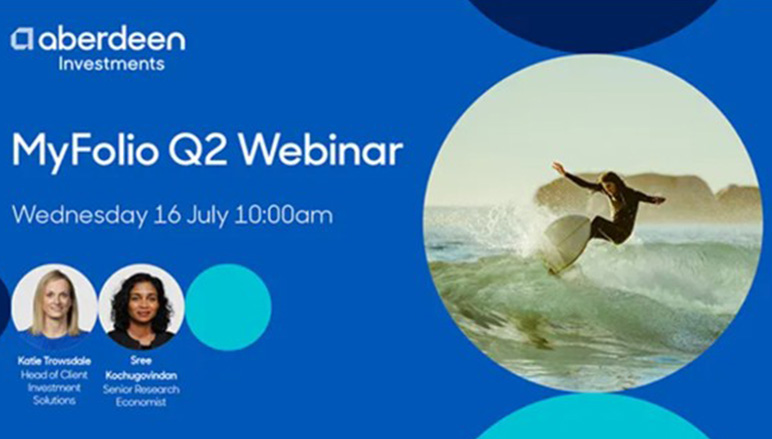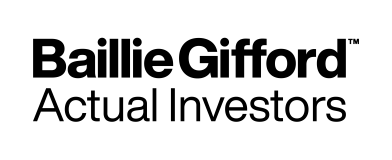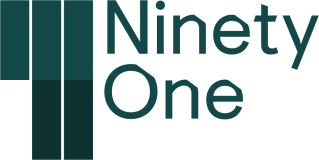HUB EXCLUSIVES PANEL DISCUSSION – BOND AND EQUITY MARKETS
Panel discussion, hosted by Cherry Reynard, with:
Adam Darling, Investment Manager, Fixed Income, Jupiter Asset Management
Neil Birrell, Chief Investment Officer, Premier Miton Investors
Sree Kochugovindan, Senior Research Economist, abrdn
Richard Carlyle, Investment Director, Capital Group
It has been a better year than many expected for financial markets, with bonds and equities making gains in 2023. However, until the final months of the year, market leadership was dominated by a handful of technology companies, while returns elsewhere were unexciting. The rally in November and December has shown a potential new path for markets.
The first question for investors is whether the ‘Magnificent Seven’ can continue their strength. Buoyed by hoped-for productivity gains from artificial intelligence, these technology behemoths have also continued to generate strong earnings. However, they look expensive and there are concerns that growth from artificial intelligence will be expensive to deliver.
Sree Kochugovindan, senior research economist at abrdn says: “It was just a year ago that the excitement around ChatGPT and AI really took off. Longer-term, there is likely to be some real economic impact from AI and it could be quite transformative, but it will take time. We saw it with the internet revolution in the 1990s. It initially fed through into the stock market, but it took time to feed through into broader productivity. AI is a general purpose technology. It can lead to continued improvement, drive innovation and productivity.”
Neil Birrell, chief investment officer at Premier Miton Investors says: “This is not a dotcom boom. The Magnificent Seven are each doing a really good thing. But it’s all about the valuation. Particularly in comparison with the undervaluation elsewhere. We want to start seeing share prices moving on results, rather than moving on interest rate moves. We could be at that point now.”
Focus on fundamentals
He has seen a clear changing in investor sentiment since the Federal Reserve and Bank of England announcements in November, with a greater focus on company fundamentals and away from macroeconomic drivers. He believes this comes from greater clarity on interest rates and inflation: “Once we’ve got more certainty that rates have peaked and inflation is beaten, that’s when the focus will go back on fundamentals.”
But should investors move back into beaten-up, interest rate sensitive companies? Richard Carlyle, investment director at Capital Group says: “There is a view among clients that at some point, the magnificent seven will all fall over and they’ll be a crash. We’re not in that camp at all. They all look to have fabulous business models. With Microsoft, people are paying real money for its AI add-ons every month in their subscriptions.”
Nevertheless, he sees opportunities emerging elsewhere: “We have funds that focus on companies that pay and grow dividends. They have no exposure to the technology giants, which don’t tend to pay dividends. On a two or three year view, these dividend-focused strategies look very attractively priced, holding very successful companies paying good dividends at modest valuations. This is an area we’d really highlight for the year ahead.”
Fixed income
There are high hopes for fixed income in 2024, with yields looking attractive and inflation tamed. However, after a strong year for corporate bonds in 2023, market leadership may change. Adam Darling, investment manager, fixed income, Jupiter Asset Management, says: “I have a high conviction that bonds will make money, because the rate headwind is likely to be become a tailwind, but in the corporate space, investors need to be more selective because the market is very ‘risk-on’. It’s bullish about the soft landing narrative, leaving some areas too expensive.
“As active managers, our job will be locking in attractive yields. There will almost certainly be periods of spread volatility next year, particularly in the context of a softer economy.”
Risks
Kochugovindan says that geopolitical risk remains a concern, particularly given the uncertainty in the US. “It is possible to see a split congress in the US, which makes it hard to get legislative progress. Using executive orders for tariffs is quite straightforward, but other measures will be difficult to put through.”
Carlyle also has concerns about the US: “It’s like the US government is running an experiment in how big a deficit they can have when the US economy is running near full employment. Could the US have a Liz Truss moment?”
Nevertheless, there is still plenty of optimism for the year ahead. Birrell says: “Within fixed income, the return we get for the risk we’re taking appears really attractive. We see lots of opportunities in equity markets. We’re putting money into Reits and see value in alternatives.” There are also a number of thematic trends that are creating unique opportunities for investors. Carlyle cites AI, but also new developments in healthcare, notably within weight loss drugs, and, potentially, Alzheimer’s treatments.
Darling is reassured that the global economy has normalised: “There is increasing confidence that we’re not in some weird new paradigm. It is a classic economic cycle where we don’t have runaway inflation, or huge structural problems. We just have a systematic interest rate cycle, which is doing what it is supposed to do.” That said, he sees risks around corporate re-financing and the delayed impact of interest rate rises, and is avoiding any complacency.
It has been a tough few years for investors. Gains have been narrowly drawn, and speculation on interest rates and inflation has dominated market movements. However, with greater stability on the economic outlook, it may be that investors can turn their attention to company performance once again in the year ahead.









